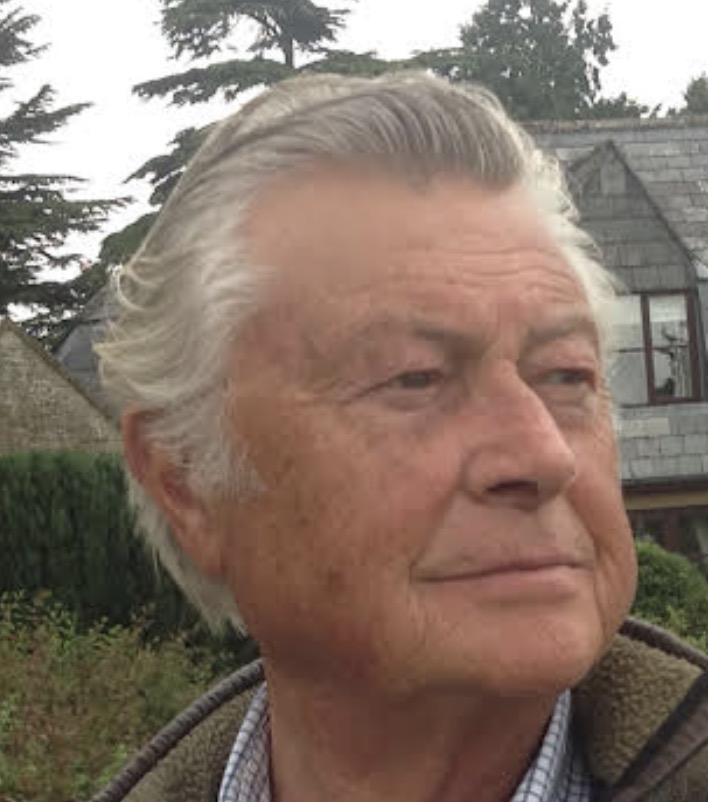The real Ebeneezer Scrooge who inspired Charles Dickens was actually 'noted for his generosity, jovial disposition and appetite'
Ian Morton explores the runaway success of the Dickens Christmas classic and reveals the 'real' Ebenezer Scrooge, who was far from a mean man.

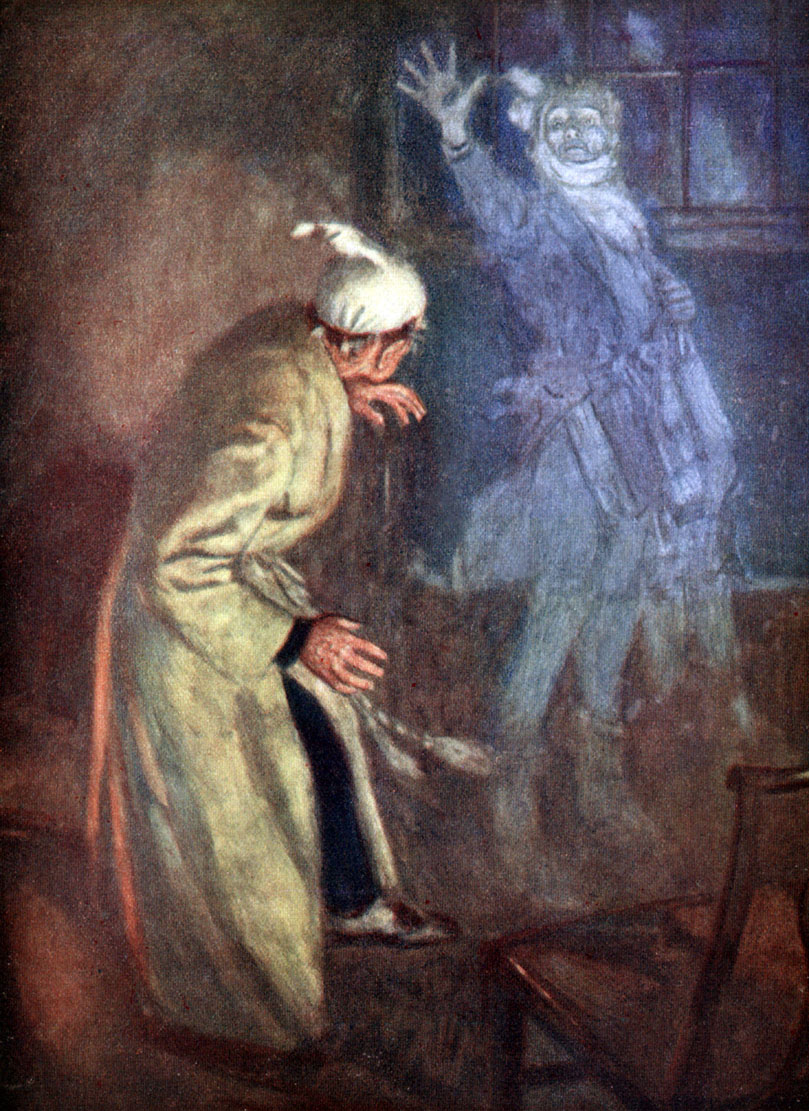
Charles Dickens’s timing was exemplary. A Christmas Carol was published on December 19, 1843, and sold out by Christmas Eve. Within a year, 13 reprints were published and the author was obliged to go to court to stop a rival publisher from producing a maverick edition. The tale has never been out of print.
Such was the instant appeal of the work that three staged productions were mounted in February 1844 and, by the end of the month, eight productions were running in London. One sanctioned by Dickens ran for 40 nights. Responding to continuing public demand, Dickens embarked on annual readings from 1853 and accomplished 128 in all.
The message of A Christmas Carol touched audiences abroad. In 1867, an American businessman was so moved by a reading that he closed his factory over Christmas and sent every one of his employees a turkey. Maud, Queen of Norway, a daughter of Edward VII, sent gifts to crippled children in London ‘with Tiny Tim’s love’ .
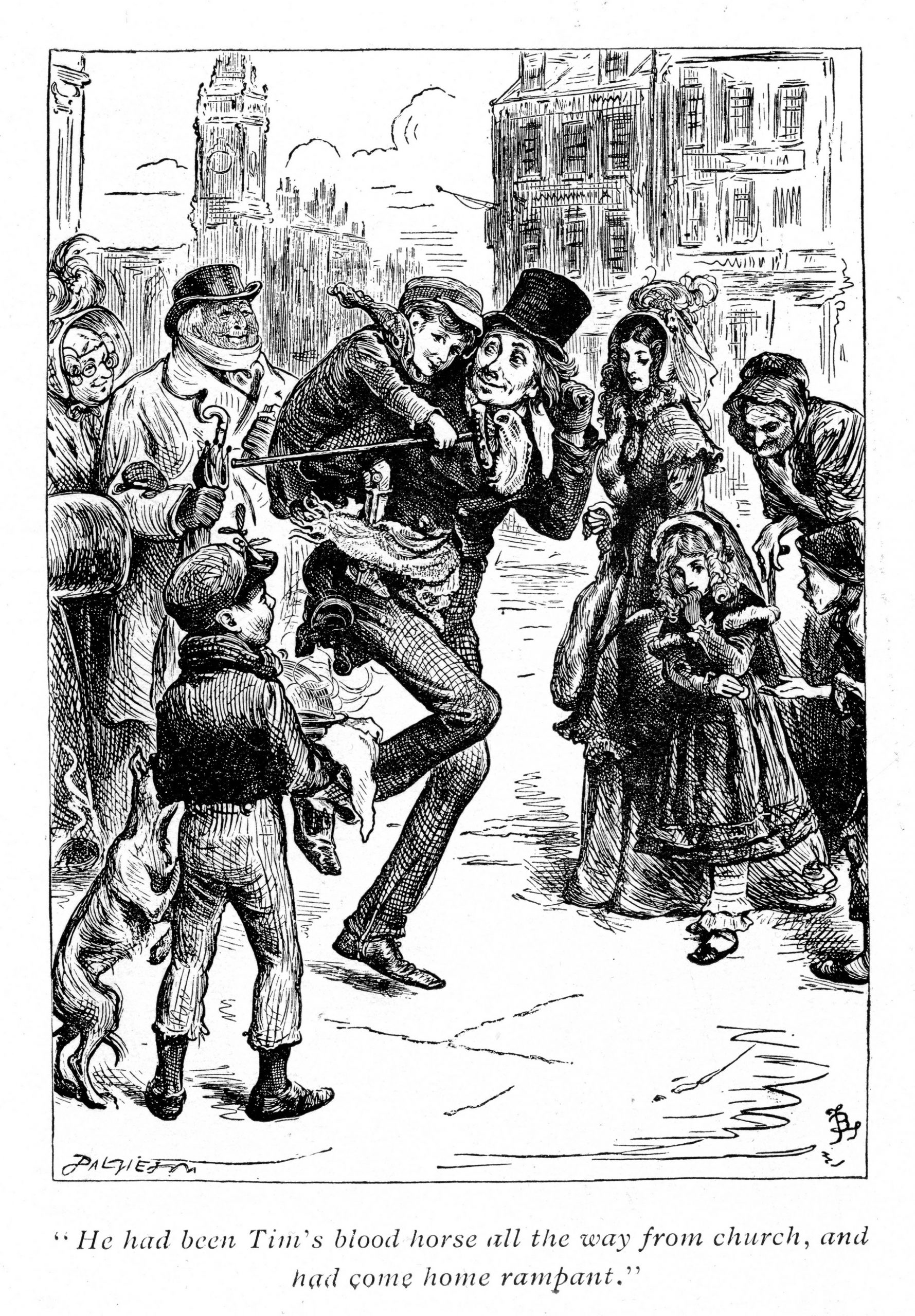
The first of many film versions, a silent black-and-white production, was screened in 1901. No fewer than 50 actors have played the part of Scrooge in films and on television. BBC radio broadcast its first version in 1923 and the classic has been adapted for opera, ballet, animation, stage musical and even mime.
According to his diaries, Dickens based the name of the central character, Ebenezer Scrooge, on a tombstone he came across in the Canongate kirkyard in Edinburgh in June 1841. It read: ‘Ebenezer Scroggie, meal man, died 1836.’
Dickens apparently misread ‘meal’ as ‘mean’ and wrote that ‘it must have shrivelled his soul to be remembered through eternity only for being mean… a life wasted’. Ironically, the late Scroggie had been a successful grain (meal) merchant, vintner and town councillor noted for his generosity, jovial disposition and appetite.

The perennial fascination with snow at Christmas, and how it's all down to Charles Dickens and the Little Ice Age
Snow at Christmas is a rare sight across most of Britain, yet it’s indelibly intertwined in the collective imagination. Felicity
Exquisite houses, the beauty of Nature, and how to get the most from your life, straight to your inbox.
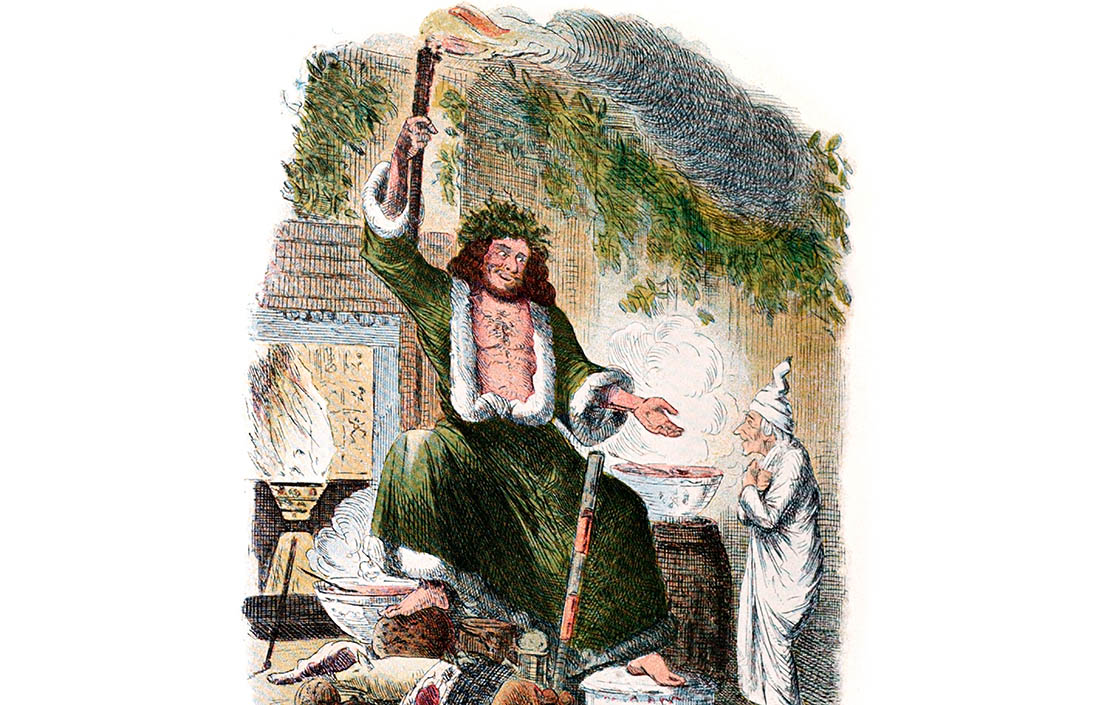
Curious Questions: Why do we say 'Merry Christmas' instead of 'Happy Christmas'?
Have you ever stopped to wonder why we say 'Merry Christmas' when for every other occasion we use the word
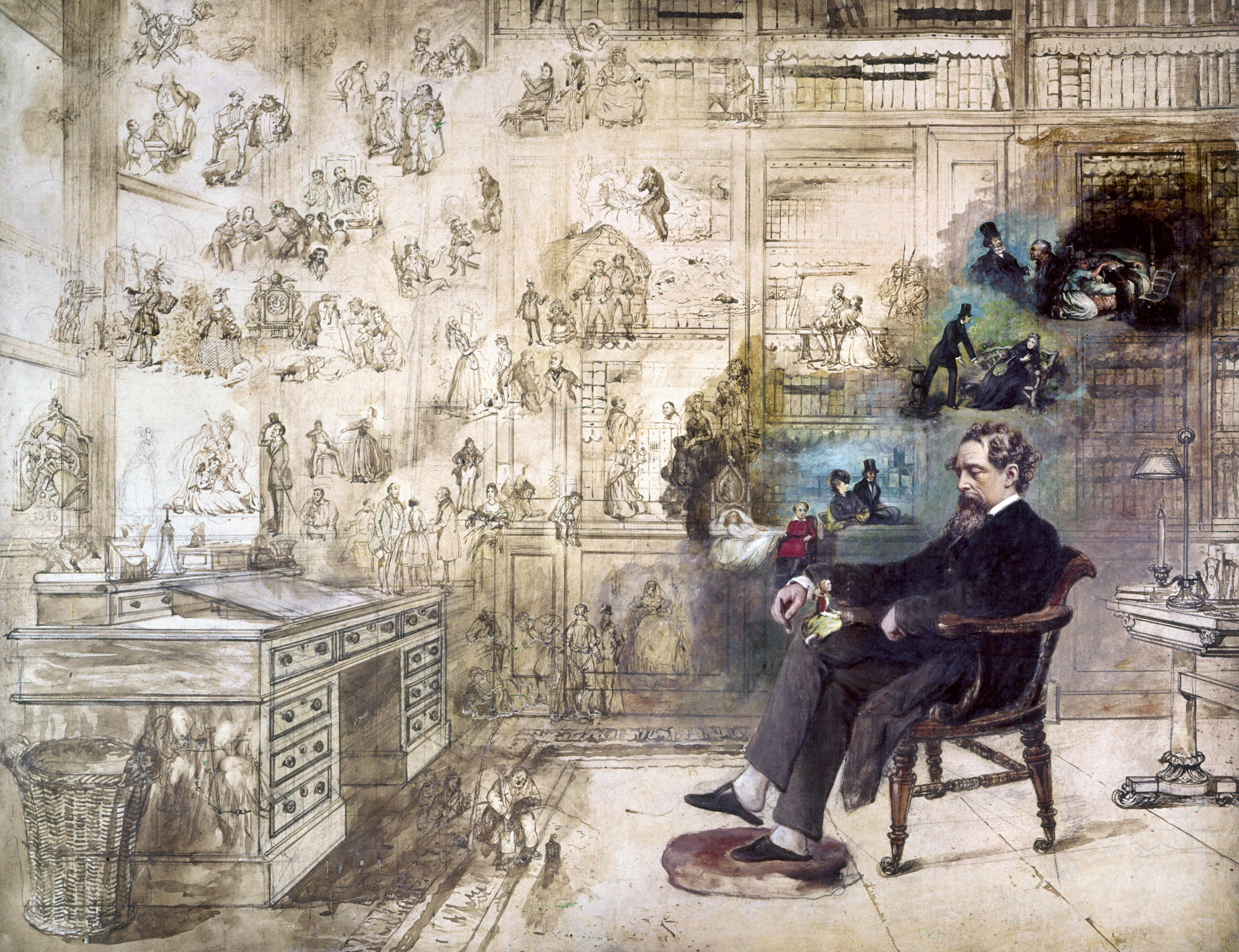
The best characters created Charles Dickens, still utterly unforgettable even 150 years after his death
Charles Dickens died 150 years ago, on 9 June 1870. Since then, Mr Micawber has become a byword for optimism,
After some decades in hard news and motoring from a Wensleydale weekly to Fleet Street and sundry magazines and a bit of BBC, Ian Morton directed his full attention to the countryside where his origin and main interests always lay, including a Suffolk hobby farm. A lifelong game shot, wildfowler and stalker, he has contributed to Shooting Times, The Field and especially to Country Life, writing about a range of subjects.
